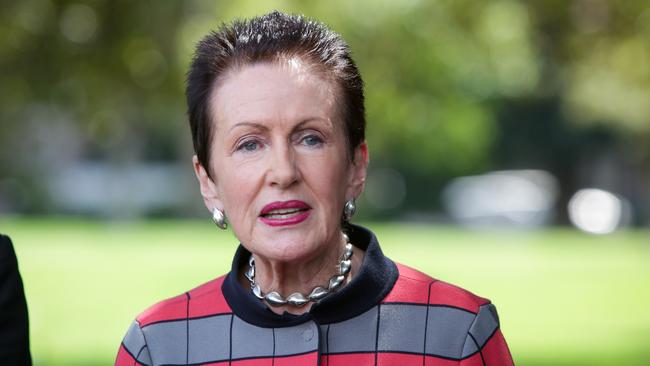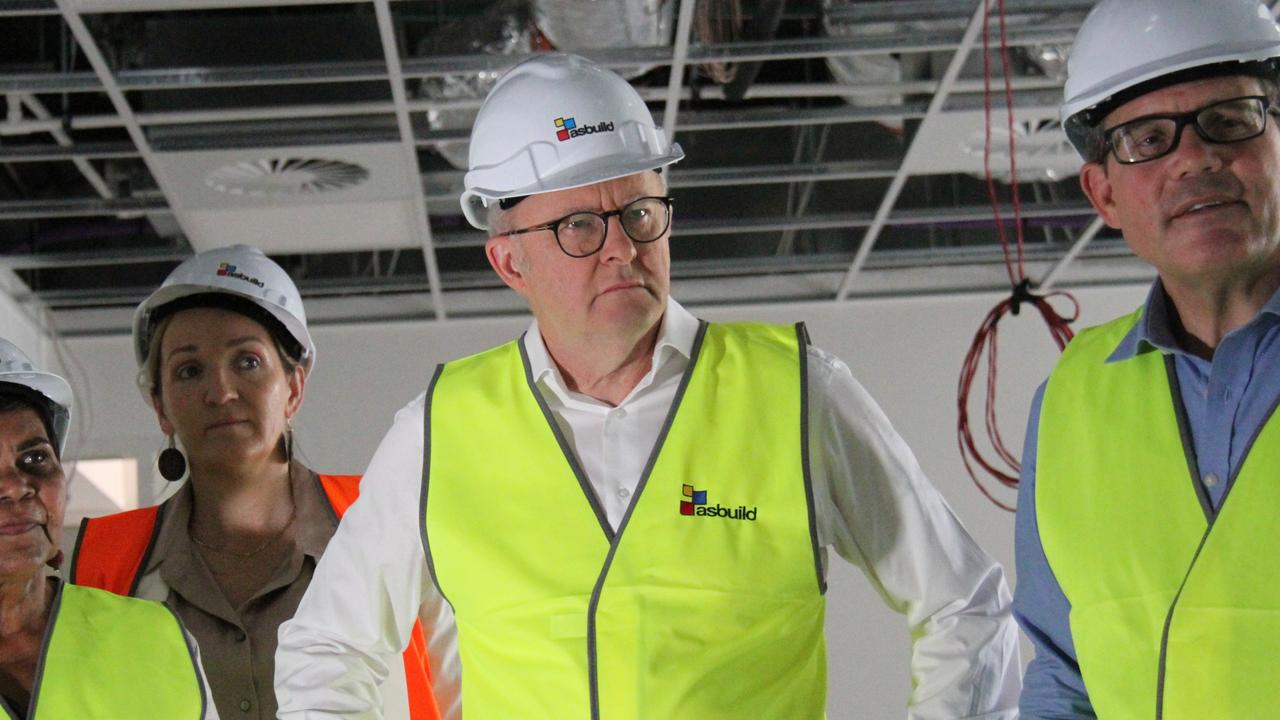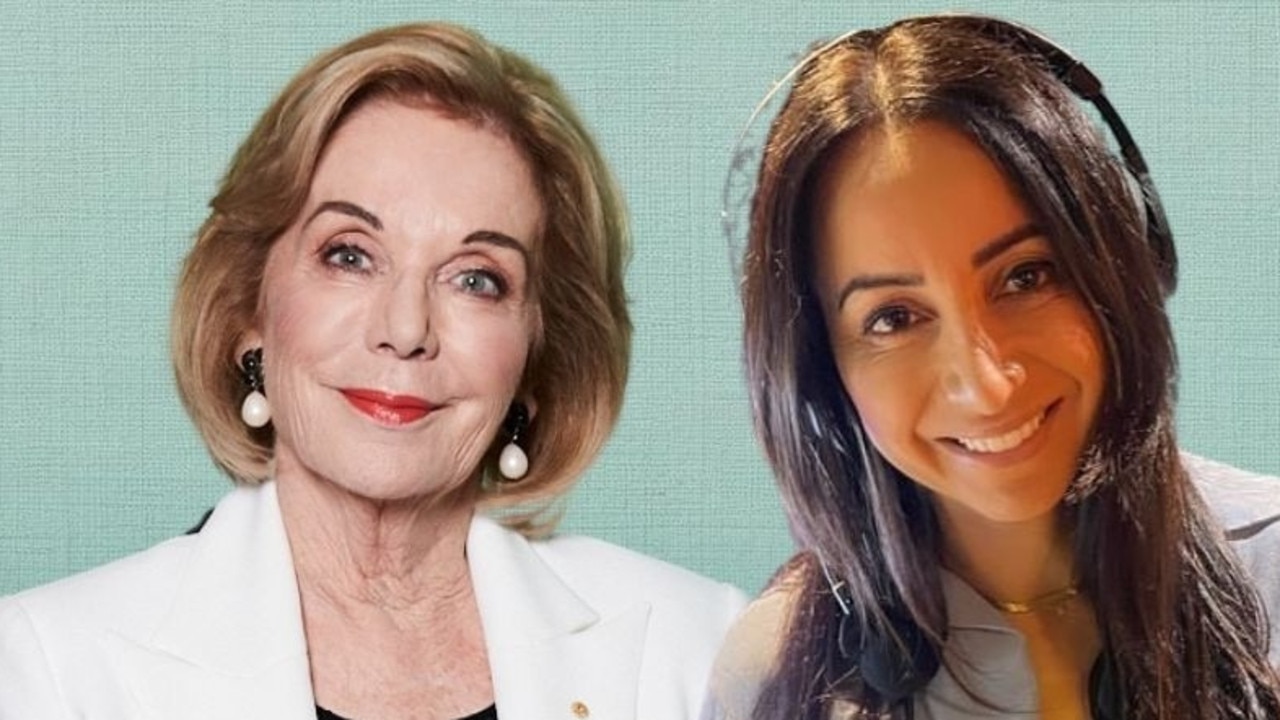Council officially declares climate emergency
Sydney City Council has officially declared a “climate emergency”, with councillors agreeing Sydneysiders are at “risk”.

Sydney City Council has officially declared a “climate emergency”, with councillors unanimously agreeing that Sydneysiders are at “serious risk” from climate change.
Sydney Lord Mayor Clover Moore said Australia’s largest city needed to step up and show global leadership, especially given the failure of “successive federal governments (which) have shamefully presided over a climate disaster”.
Liberal Sydney Councillor, Craig Chung, ultimately voted in favour of the motion, after his amendment to “take out the weaponised language” of Ms Moore’s motion failed.
Mr Chung told The Australian while he supported action on climate change, he strongly objected to Ms Moore’s “hysterical, catastrophising” message.
“Language like climate emergency, climate catastrophe and extinction rebellion do nothing to further reasoned and rational debate,” Mr Chung said.
“If we learned one thing from the May 18 (federal) election, polarised fear mongering is not what the community want. The electorate expects us to take action, debate clearly and rationally about solutions, stop weaponising language and to deliver measurable and tangible outcomes for all Australians.”
All nine councillors present in the room voted in favour of the motion, with Christine Forster — a Liberal councillor and sister of former Prime Minister Tony Abbott — leaving the room after declaring a conflict of interest over her role as an advisor to Woodside Energy.
The former Independent MP for the federal seat of Wentworth, Dr Kerryn Phelps, was one of the Sydney councillors who backed the “climate emergency” declaration.
Dr Phelps said concern about the federal government’s inaction on climate change had been the single biggest issue that helped propel her into office at the Wentworth by-election in October, toppling the Liberal Party for the first time in one of its safest national seats.
“In the absence of climate change action by the national government it really is falling to the cities to do even more,” she said.
She said cities like Sydney were now under “tremendous pressure” due to the state governments imposing ever increasing levels of high density living and overdevelopment which made cities even more vulnerable to climate change.
“There is so much more we can do,’ Dr Phelps said. “We actually don’t even know what the air quality is in Sydney because the NSW Environment Protection Authority don’t monitor the city’s air quality.”
Ms Moore said the nation was now experiencing such extreme weather “91 of the hottest places on Earth were in Australia”.
She said heatwaves across the country were now five times more likely, and “even more alarming — they start earlier, become hotter and last longer”.
“Seventy per cent of the world’s emissions are generated from cities, so the action city governments take is absolutely critical,” Ms Moore said.
The Council will now call on the Federal Government to respond urgently to the emergency, by reintroducing a price on carbon to meet the Paris Agreement emissions reduction targets, and establishing a Just Transition Authority to ensure Australians employed in fossil fuel industries find appropriate alternate employment.
“Successive federal governments have shamefully presided over a climate disaster, and now we are at a critical juncture — we face a climate emergency,” Ms Moore said today.
“Australia’s greenhouse gas emissions have increased for four consecutive years. It is clear that the current Federal Government’s policies are simply not working and I call on council to declare a climate emergency, step up our efforts to hold the Federal Government to account. “With 96 per cent of NSW still drought affected, our farmers and rural communities are being decimated by drought, suffering from water shortages and extended bush fire seasons, witnessing unprecedented fish kills and the death of once mighty river systems.”
The Lord Mayor, outlining the City of Sydney’s action on climate change since 2008, committed to accelerate work in the development of its strategic plan till 2050.
“We set a goal to reduce our emissions by 70 per cent by 2030, and — following the Paris Climate Agreement in 2015 — we set a more ambitious goal to reach net zero emissions by 2050”, she said.
“We became Australia’s first carbon neutral council in 2007, and as of June 2017, we’d reduced emissions in our own operations by 25 per cent. By 2020, we will be powered by 100 per cent renewable energy, allowing us to meet our 2030 target by 2024 — six years early.”
According to the International Climate Emergency Forum, over 600 jurisdictions in 13 countries have now declared a climate emergency. The Climate Emergency Declaration campaign in Australia is supported by over 50 climate action groups, including the International Climate Emergency Forum, Extinction Rebellion, and Greenpeace Australia.


